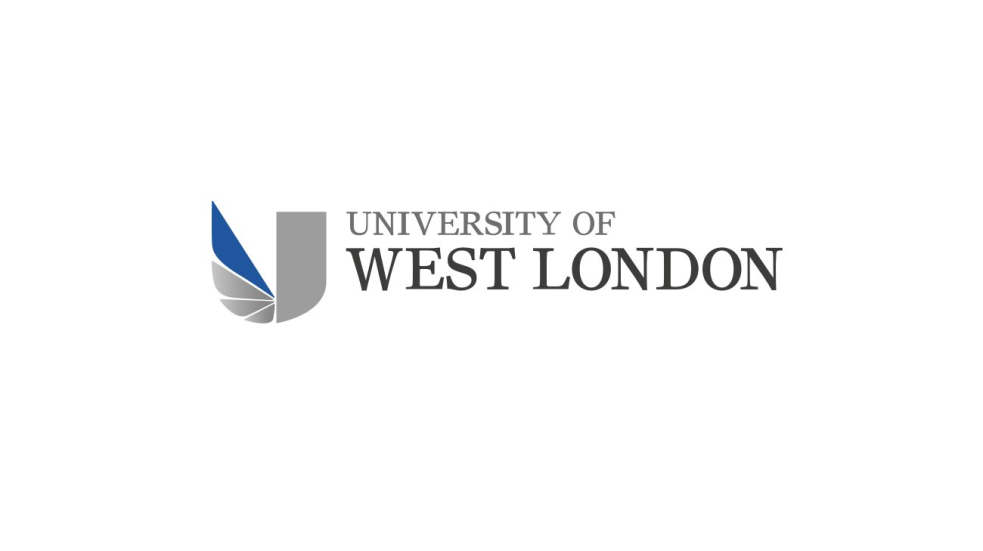University of West London

Why we've signed the Manifesto
"Here at the University of West London (UWL), we’re carrying out pioneering research that will play a crucial role in the social, cultural and technological wellbeing of all of us who live in London. Whether, that’s through work to reduce hospital-based infection, exploring gang culture, combatting cybercrime, human slavery and so much more. By signing the manifesto we show our commitment to continue supporting public engagement and building trust between our institution and our communities.
This trust is a two-way process and will only come about when our public engagement is genuine, active and relevant."
- Professor Peter John Vice-Chancellor
Our approach to public engagement
The University has a long-standing history of public engagement, with an exclusive focus on engaging with real-world issues that carry benefits for everyone, particularly those in more disadvantaged social groups. The University of West London’s Strategic Plan (Achievement 2023) places public engagement at the heart of our mission. We aim to produce the sorts of graduates, research, and enterprise that enhance the local, regional, national and international communities we serve.
Our staff and students engage with the local community and the wider world through a curriculum that develops social intelligence and entrepreneurial skills; modes of study that link directly with industry and employers; and research that focuses on areas crucial to social, cultural, and technological well-being. We are committed to sharing our expertise and resources with the public and are equally keen to learn from external stakeholders. We want to sustain and enhance this approach by signing the Manifesto for Public Engagement.
Our public engagement hallmark

Pyramid club participants
Our public engagement must have a clear purpose. We strive to build trust and make a real impact in the communities around us. Our Pyramid clubs make that impact. We know that some children, who experience social and emotional difficulties, tend to internalise how they feel. They are left feeling overwhelmed and lacking in confidence, particularly when it comes to dealing with changes in their lives like moving schools.
Our clubs, for children aged between 11 and 14, act as early interventions to build confidence, develop coping skills and improve relationships with peers and adults. Over the last five years we’ve run clubs in 415 primary schools and 76 secondary schools and seen the majority of those children make considerable progress.
Simply, our Pyramid clubs have identified a need and met it head-on through an active, purposeful approach that results in solid outcomes. Our work in this field is recognised nationally by the Early Intervention Foundation – a member of the government’s What Works Network and champions of early interventions in the lives of young people and children.
Our public engagement talking point
Knife crime is an issue that dominates the news whether you live in the capital or beyond. Starting conversations with the public, with politicians and with those affected by knife crime is at the heart of Professor Simon Harding’s work
Professor Harding has spent the last 35 years researching crime and community safety across the UK in more than 2,500 housing estates. As a specialist adviser to the Home Office, the Mayor’s Office for Policing and Crime, and Her Majesty’s Inspectorate of Constabulary and Fire and Rescue Services, he has played a major role in influencing the Government’s crime policies.
Most recently Professor Harding gave testimony to the Home Affairs Select Committee on how the UK can tackle serious and violent crime.
Having an extensive record of publications on gang and youth crime, Professor Harding is currently working with the UWL Cybersecurity and Criminology Centre to inspire a whole new generation of criminologists in the pursuit of understanding crime and its effects on society. Knife crime is a major issue, and UWL is leading the conversation on why it is happening and how to fix it.
Our public engagement people

We recognise how crucial it is to carry out public engagement activities that are meaningful and play to our people’s strengths, while also making a significant difference in the community.
The I-Hydrate research team at the Richard Wells Research Centre (UWL) perfectly embodies these aims. This dedicated group has spent considerable time researching and implementing a strategy, in conjunction with care home staff, that helps older people stay hydrated in care homes. Without adequate hydration, older people can face significant health risks, including urinary tract infections, confusion, constipation and falls. It also increases hospital admissions, putting more pressure on the system over what could be an avoidable issue.
By creating practical strategies and a resource pack for healthcare workers, the team has made a real and significant difference in the hydration levels of residents at hundreds of care homes.
This resource pack, along with training videos and practical tools, is now available on our website. We couldn’t be prouder of the team for this ground-breaking piece of work that combines academic excellence with meaningful public collaboration.
Contact
Name: Max Krafchick
Title: REF Submission Co-Ordinator
Email: Max.Krafchik@uwl.ac.uk